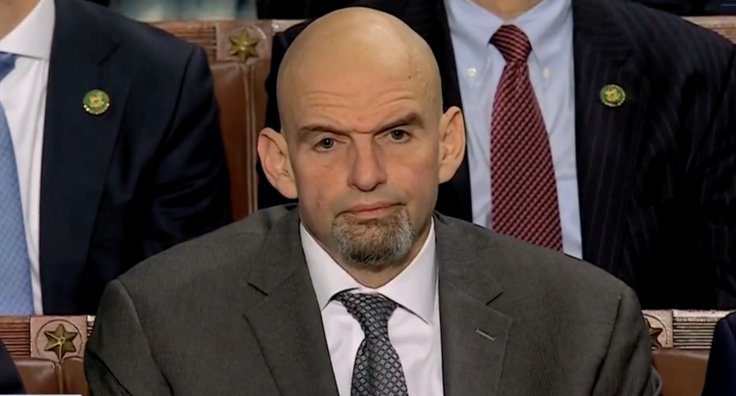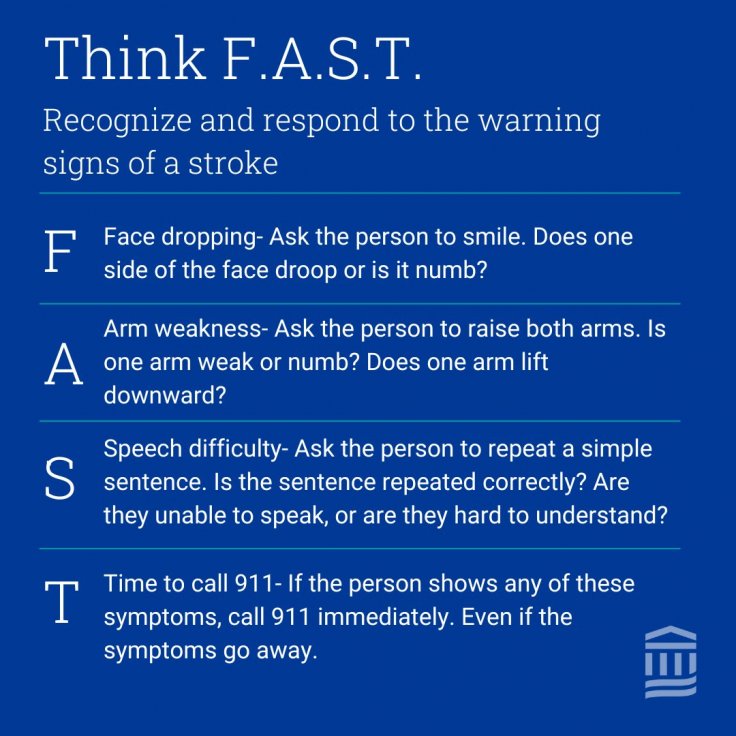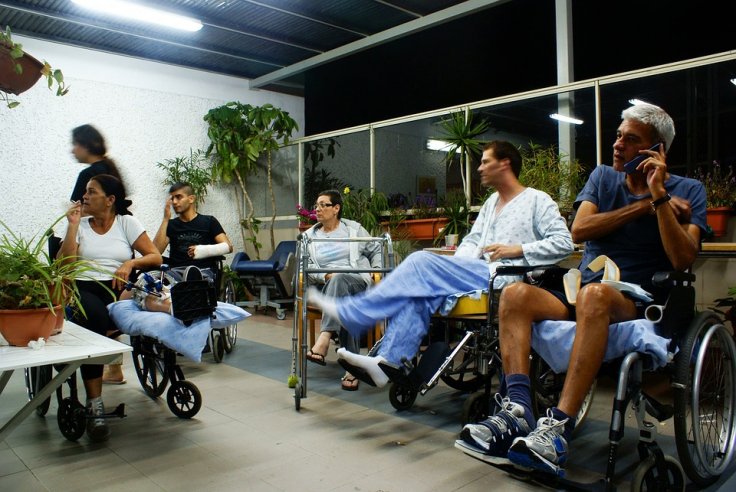Senator John Fetterman, who had a stroke in May 2022, is in hospital overnight after feeling lightheaded. He complained of lightheadedness after a lawmakers' retreat and was taken to George Washington University Hospital by members of his staff.
The Pennsylvania senator will remain overnight at the hospital as doctors run additional tests. Joe Calvello, the communications director for Fetterman, said initial tests did not show evidence of a new stroke.

Fetterman had his speech processing capabilities compromised for months after the ischemic stroke (obstruction of a vessel that supplies blood to a part of the brain). He had a pacemaker implanted. Fetterman, amid the race for the Senate seat with Mehmet Oz in October, said his stroke and recovery changes everything but it would not affect his ability to serve in the Senate. "I don't think it's going to have an impact. I feel I'm gonna get better and better everyday. And by January, I'm going to be, you know, much better."
Early Signs and Symptoms of Stroke
Experts say stroke risk factors are lifestyle related. The risk goes up as one gets older, thus the need for regular health checkup. The Centers for Disease Control and Prevention says stroke is a leading cause of death in the US, and a major cause of serious disability for adults. A stroke disrupts blood flow to an area of the brain. This can be fatal.
Some signs of stroke are numbness or weakness in the face, arm or leg, especially on one side of the body. The patient will have trouble seeing in one or both eyes; difficulty in walking, loss of balance, lack of coordination and dizziness; confusion, that is, trouble speaking and difficulty understanding speech; and severe headache.
If someone is having these signs or symptoms, you can help by acting F.A.S.T:

It should be noted that more than 80 percent of strokes can be prevented.
Recovering Quickly
Various researches highlight that the brain can bounce back from injury and heal itself after a stroke. This is called neuroplasticity wherein the brain reorganizes and rewires itself. But for this, constant stimulation is needed. The brain becomes more efficient when the person or patient repeats a thought or task on a regular basis.
Doctors believe repetition is a critical ingredient during the recovery from stroke because it activates neuroplasticity. By doing so, the patient can rebuild his or her skills and overcome the side effects of a stroke. Small but regular exercises like walking is important. For patients language difficulties like aphasia, speech therapy can help. There are also speech therapy apps for this.

Furthermore, a healthy diet is important. Foods, like pomergrante, fish, seeds, blueberries and nuts, that promote neurogenesis are highly recommended.









